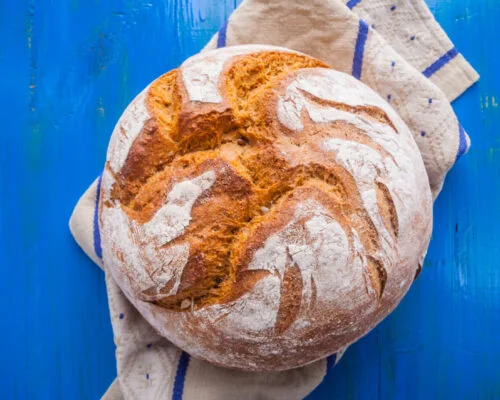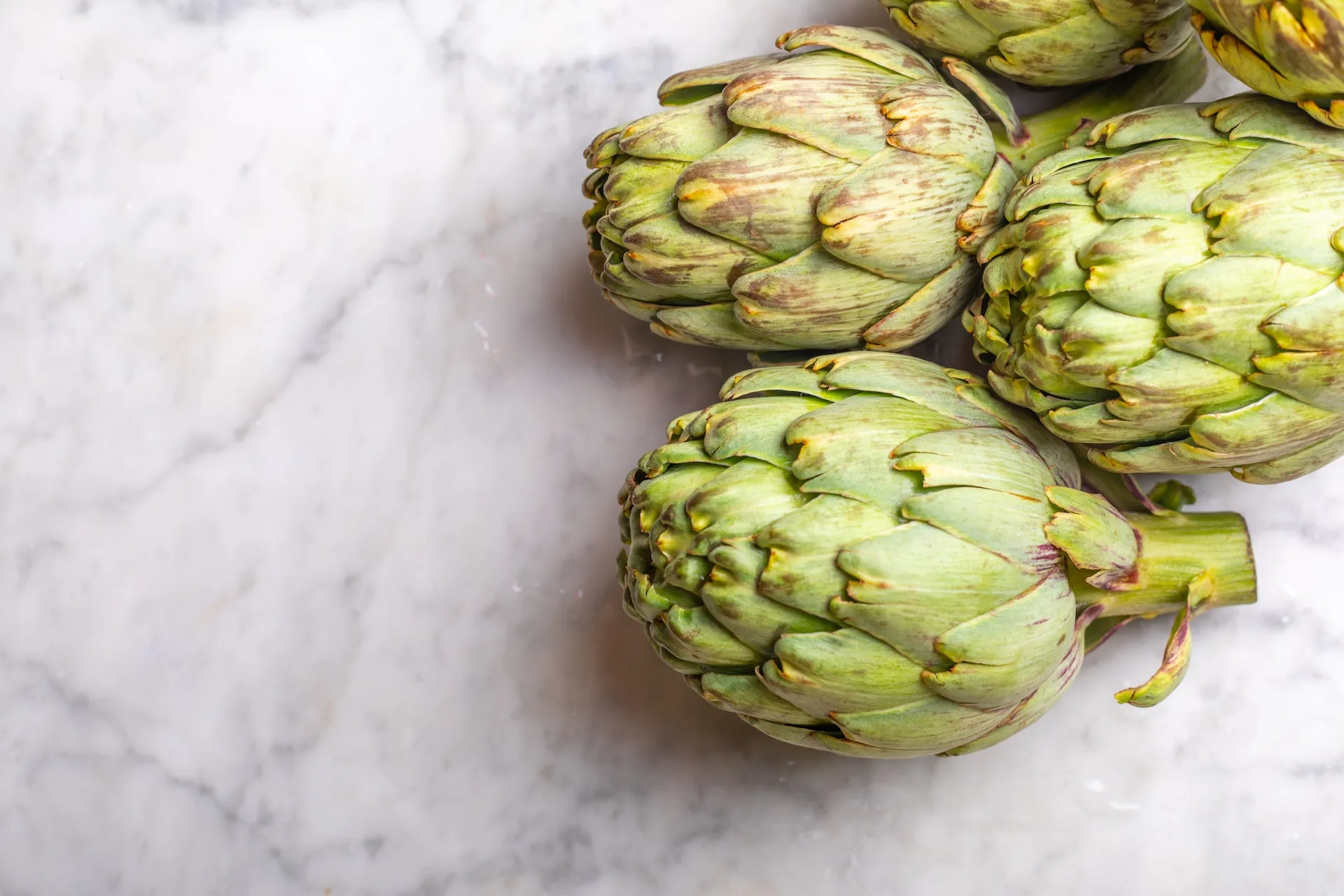You’ve likely been eating up a lot of less-than-true diet information, because nutrition myths are everywhere.
Sometimes that’s because people are trying to sell you something, but sometimes it’s simply because nutrition is a beyond-complicated (and fairly new) science.
Many small studies that show a very specific, limited result immediately get touted as broad directives. And what happens in a lab does not always translate into real-world recommendations. For example, a few mice were less depressed after they were fed probiotics? That doesn’t mean probiotics are suddenly a proven anti-depressant. There may be a million other factors when it comes to humans. What else are you eating with that probiotic? What other habits do you have that affect depression? It’s soooo complicated.
Finally, science is constantly changing. We used to think “fat free” was a label we wanted on every food in our fridge. Now, we add avocado to our smoothies and bake with coconut oil.
Feeling overwhelmed? Don’t worry, we’re busy figuring all of this out for you and then providing simple answers every day. In honor of the start of National Nutrition Month, we’re busting seven lingering nutrition myths, below.
7 Nutrition Myths, Busted
1. You need to combine foods to create “complete proteins” at meals

Those skipping meat are often told to combine (or look for specific) plant-based foods to create “complete proteins,” which contain all of the essential amino acids, at meals. In fact, the theory of “protein complementing” was proposed by Frances Moore Lappe in the 70s. In later editions of her book, she corrected the mistake to reflect the prevailing scientific position: as long as individuals are eating enough calories of varied plant-based food, they’ll almost always get all essential amino acids and meet daily protein requirements. In other words, yes, rice and beans are complementary, but you don’t have to mix them together during the same meal in order to benefit from the protein each offers on its own.
RELATED: The Essential Guide to Plant-Based Protein
2. Everyone should give up gluten

Yes, more people have Celiac disease than we realized. Plus, some research has shown modern forms of wheat are more difficult for the body to digest than ancient forms such as Einkorn, and some studies have shown that modern processing techniques can make gluten harder to digest (even if you don’t Celiac). All that is to say if you’ve got GI issues, it’s worth looking into if gluten is an issue for you. But if it’s in your diet in small amounts (a healthy diet will naturally be low in gluten) and you’re feeling amazing, there’s no need to cut it out.
3. Raw vegetables are healthier

Proponents of a raw food diet preach that food should never be heated above a certain temperature because natural enzymes in “living” food make it best for the body. As a rule, that’s silly. Cooking does cause nutrients to degrade in some cases (like vitamin C in spinach), but in other cases, it increases the availability of nutrients (like lycopene in tomatoes). We like to say that the best way to eat veggies is whatever way you like to eat the them.
4. Peanut butter is junk food

Healthy people turned their nose up at peanut butter and started living on its almond counterpart a few years ago. Why? Trends! When it comes to macronutrients, almond butter and peanut butter are pretty similar. Both are high in protein and healthy fats. Even on micronutrients, the differences are too minimal to be significant. If you like peanut butter better and don’t have an allergy, keep on enjoying it. (If you’ve heard you should be concerned about aflatoxins, read more about that, here.)
RELATED: Is Almond Butter Healthier than Peanut Butter?
5. Eggs raise your cholesterol

Eggs are high in cholesterol, but research increasingly shows foods high in cholesterol don’t necessarily raise cholesterol levels in your blood. What does raise cholesterol? Eating fried foods and tons of sugar. (You’re not really surprised by that one, right?) Keep on scrambling for protein, vitamins, and minerals.
6. Alkaline foods are better for you

Proponents of alkaline diets believe a diet high in acid-producing foods makes your body acidic, which leads to illness and weight gain. The science, however, generally shows their reasoning is bogus. First of all, the body is really good at regulating pH on its own—in fact, it has to do it to keep you alive. Your lungs and kidneys are working on the task around the clock. And many acid-forming foods—like meat, oats, and some nuts—are healthy. FYI the alkaline diet is mostly really healthy by default, since alkaline foods include green veggies, spices, and seeds. In other words, if you’re eating a healthy diet, it will naturally be primarily alkaline, but that’s not why it’s healthy.
7. Willpower is the answer to sugar cravings

Lots of experts will try to teach you tricks to manage cravings by resisting them, by exercising your willpower over them. But craving something sweet does not mean you’re weak. In fact, it may mean you’re missing other things in your diet or are eating too much of one thing. The trick is to get to the root of why you’re cravings happen and then use that info to help prevent them. Plus, we hate the word willpower. It’s all negative energy that will stress you out more than help you. And stress, by the way, will make you really want a cupcake.
(Photos: Shutterstock)





























